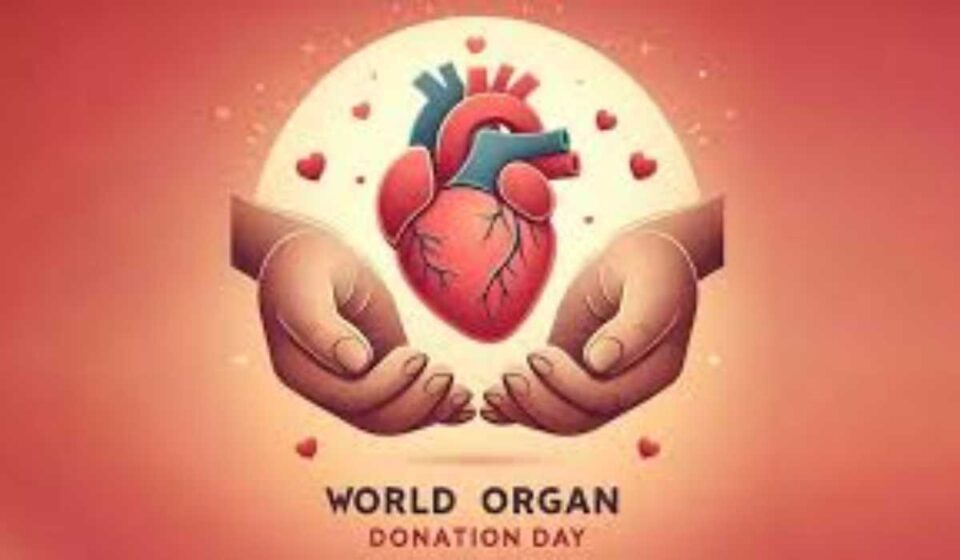August 13 is recognized globally as World Organ Donation Day, an initiative dedicated to raising awareness about the vital importance of organ donation. This day is marked by efforts to educate the public on the life-saving impact of organ donation, as well as to dispel common myths and misconceptions surrounding the practice. Various countries around the world run campaigns to encourage people to register as organ donors, emphasizing how one individual’s decision to donate can potentially save or enhance multiple lives.
In India, the government and several non-governmental organizations (NGOs) are actively promoting organ donation through educational campaigns. These initiatives focus on increasing the number of registered donors, addressing societal taboos, and offering accurate information about the process of organ donation. By doing so, they aim to bridge the significant gap between the demand for organs and their availability, a gap that continues to hinder life-saving medical procedures for patients in need of transplants.
The importance of organ donation cannot be overstated, especially in countries like India, where the need for transplants far exceeds the supply. Many individuals suffering from critical organ failure often remain on waiting lists for years, with limited hope of receiving a transplant in time. Government campaigns, alongside medical institutions, are playing a critical role in encouraging a cultural shift towards organ donation as a socially accepted practice.
Educational programs have become a crucial part of these efforts, particularly in raising awareness about the legal and ethical aspects of organ donation. By dispelling myths—such as concerns about religious beliefs or the process leading to organ removal—the campaigns aim to promote a more informed and supportive environment for potential donors. The ultimate goal is to make organ donation a more widely accepted practice across all regions and communities.
As World Organ Donation Day gains momentum each year, more individuals are encouraged to take the step toward registering as organ donors. This movement not only promotes individual action but also emphasizes the collective responsibility of society to save lives. It serves as a reminder of the profound impact that organ donors can have on the health and well-being of countless individuals across the globe.


